Agriculture & Natural Resources
Below are some of UGA Extension's most broadly useful resources for those involved in agriculture on the farm, in schools, and around the home.
Production Agriculture
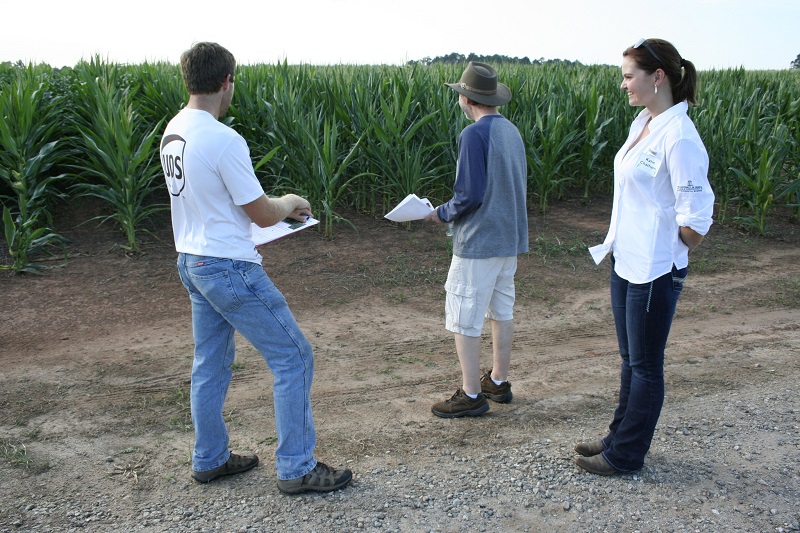
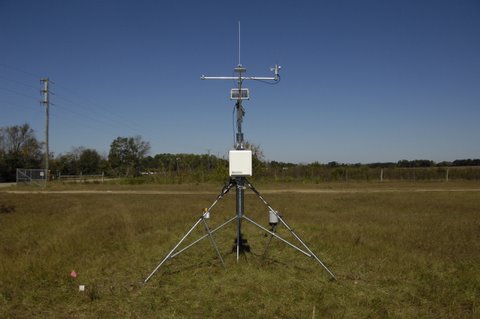
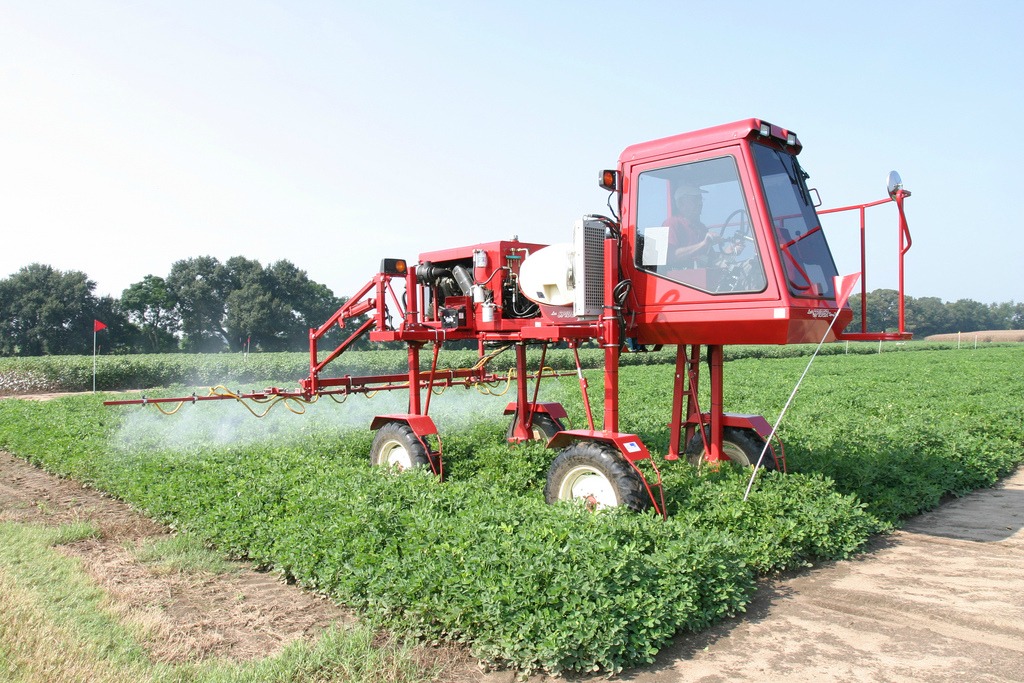
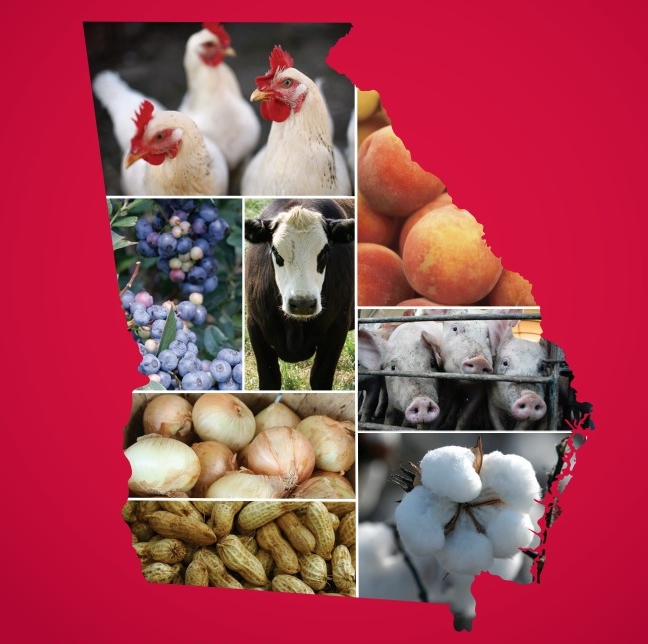
Home & Garden
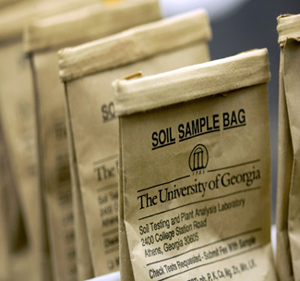
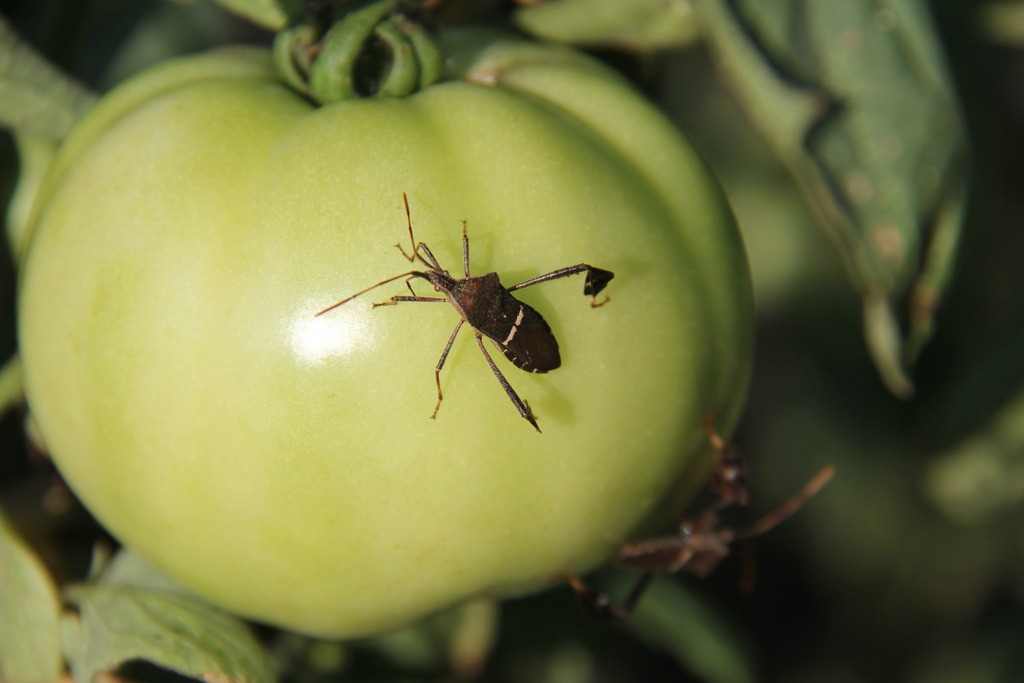

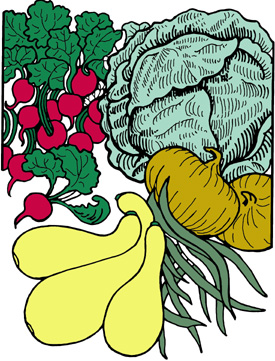
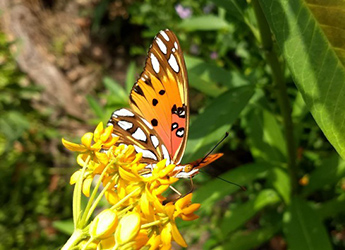
Schools
Georgia Agriculture Sales Tax Exemption Program (GATE)
Georgia Agriculture Sales Tax Exemption Program (GATE)
The Georgia Department of Agriculture is implementing a sales tax program for agricultural producers. Producer must submit an application and payment to become part of the program. More information is available at the GATE website.
Pesticide Applicator Licensing
The University of Georgia facilitates licensing for the Georgia Private Pesticide Applicator License. The testing for this license is online and there is a $25 fee for this test. For more information on receiving this license, please visit the UGA Extension Pesticide Safety Education webpage.
Grow A Garden From Scratch
Click below for information
Upcoming Events
-
Feb 23 Vegetable and Small Fruit Production Training - Journeyman Farmer Certificate Program Part 2 Farming is a business. The Vegetable and Small Fruit Production Training course, Part 2 of the UGA Journeyman Farmer Certificate Program, is designed to help new and beginning farmers achieve profitability and business sustainability. The 8-week Forsyth County Extension course includes two new sessions: Cut Flower Production and Controlled Environment Agriculture. Other sessions cover: Soil Health and Fertility, Fertilizers and Amendments, Cover Crops, Crop Rotation, Pest Management, Seasonality and Crop Selection, Vegetable Propagation, Considerations for Small Fruit Production, Small Farm Safety, Post-Harvest Handling and Food Safety, Crop Plans, and Marketing. Classes are held from 7-9:30 p.m. on Monday evenings. A tour of local farms will be scheduled for one Saturday during the course (TBD). Your $75 registration fee includes a course manual, program materials, and light snacks.
- Cumming, GA - (64.0 Miles)
-
Feb 24 Dendrobium Orchids Dendrobium is a large genus of tropical and subtropical perennials in the orchid family. Come learn about these beautiful orchids from Gary Crozat. Learn how to grow these beautiful orchids at home. This is part of our orchid series, where we discuss different types of orchids and how to care for them.
- FAYETTEVILLE, GA - (18.0 Miles)
-
Feb 25 4-H Day at The Capitol I am excited to invite your 4-H'er(s) to an upcoming event for our 4-H'ers. On February 25, 2025, we will celebrate 4-H Day at the Capitol. This event provides a unique opportunity for students and 4-H'ers from across Georgia to gather at the Georgia State Capitol Building to connect with and show their appreciation for our legislators. This experience allows students to: Witness government in action, Engage in civic activities, Learn about the state legislature and the importance of the voting process. Students will receive an official letter excusing their absence from school to participate in this educational opportunity. We encourage 4-H'ers in grades 7-12 to attend and take advantage of this inspiring experience to deepen their understanding of government and civic engagement.
- Jonesboro, GA - (16.0 Miles)
Our reports provide annual state- and county-level information about the value of all food and fiber commodities grown in Georgia. Ag Snapshots: A brief focus on Georgia's agricultural industry and are based on the Georgia Farm Gate Value Report from the previous year with helpful infographics and maps.; Farm Gate Value Report: An annual compilation of data on over 80 commodities across the state.
Georgia Agricultural Statistics - Publications | Agribusiness and Economic Development


